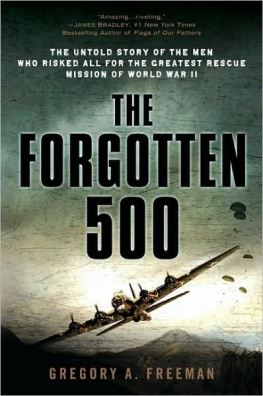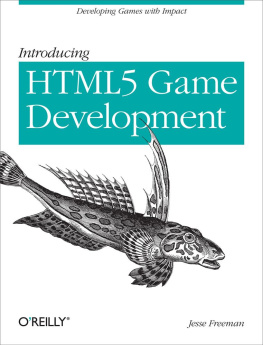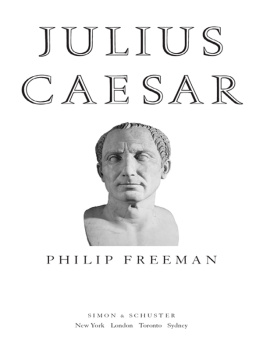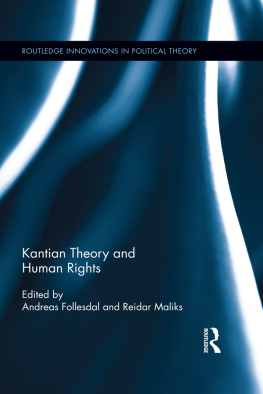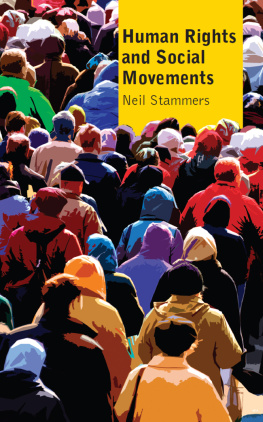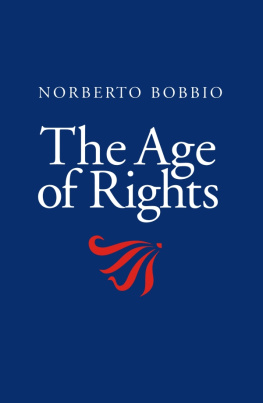
Key Concepts Series
- Barbara Adam, Time
- Alan Aldridge, Consumption
- Alan Aldridge, The Market
- Jakob Arnoldi, Risk
- Will Atkinson, Class
- Colin Barnes and Geof Mercer, Disability
- Darin Barney, The Network Society
- Mildred Blaxter, Health 2nd edition
- Harriet Bradley, Gender 2nd edition
- Harry Brighouse, Justice
- Mnica Brito Vieira and David Runciman, Representation
- Steve Bruce, Fundamentalism 2nd edition
- Joan Busfield, Mental Illness
- Margaret Canovan, The People
- Andrew Jason Cohen, Toleration
- Alejandro Cols, Empire
- Mary Daly, Welfare
- Anthony Elliott, Concepts of the Self 3rd edition
- Steve Fenton, Ethnicity 2nd edition
- Katrin Flikschuh, Freedom
- Russell Hardin, Trust
- Patricia Hill Collins and Sirma Bilge, Intersectionality
- Geoffrey Ingham, Capitalism
- Fred Inglis, Culture
- Robert H. Jackson, Sovereignty
- Jennifer Jackson Preece, Minority Rights
- Gill Jones, Youth
- Paul Kelly, Liberalism
- Anne Mette Kjr, Governance
- Ruth Lister, Poverty
- Jon Mandle, Global Justice
- Cillian McBride, Recognition
- Anthony Payne and Nicola Phillips, Development
- Judith Phillips, Care
- Chris Phillipson, Ageing
- Robert Reiner, Crime
- Michael Saward, Democracy
- John Scott, Power
- Timothy J. Sinclair, Global Governance
- Anthony D. Smith, Nationalism 2nd edition
- Deborah Stevenson, The City
- Leslie Paul Thiele, Sustainability 2nd edition
- Steven Peter Vallas, Work
- Stuart White, Equality
- Michael Wyness, Childhood

Copyright page
Copyright Michael Freeman 2017
The right of Michael Freeman to be identified as Author of this Work has been asserted in accordance with the UK Copyright, Designs and Patents Act 1988.
First edition published in 2002 by Polity Press
This edition published in 2017 by Polity Press
Polity Press
65 Bridge Street
Cambridge CB2 1UR, UK
Polity Press
350 Main Street
Malden, MA 02148, USA
All rights reserved. Except for the quotation of short passages for the purpose of criticism and review, no part of this publication may be reproduced, stored in a retrieval system or transmitted, in any form or by any means, electronic, mechanical, photocopying, recording or otherwise, without the prior permission of the publisher.
ISBN-13: 978-1-5095-1027-6
ISBN-13: 978-1-5095-1028-3(pb)
A catalogue record for this book is available from the British Library.
Library of Congress Cataloging-in-Publication Data
Names: Freeman, Michael, 1936- author.
Title: Human rights / Michael Freeman.
Description: Third edition. | Cambridge ; Malden, MA : Polity, 2017. | Series: Key concepts | Includes bibliographical references and index.
Identifiers: LCCN 2016055252 (print) | LCCN 2016058072 (ebook) | ISBN 9781509510276 (hardback) | ISBN 9781509510283 (paperback) | ISBN 9781509510306 (Mobi) | ISBN 9781509510313 (Epub)
Subjects: LCSH: Human rights. | BISAC: POLITICAL SCIENCE / Political Freedom & Security / Human Rights.
Classification: LCC JC571 .F675 2017 (print) | LCC JC571 (ebook) | DDC 323dc23
LC record available at https://lccn.loc.gov/2016055252
Typeset in 10.5 on 12 pt Sabon
by Toppan Best-set Premedia Limited
Printed and bound in the UK by Clays Ltd, St Ives PLC
The publisher has used its best endeavours to ensure that the URLs for external websites referred to in this book are correct and active at the time of going to press. However, the publisher has no responsibility for the websites and can make no guarantee that a site will remain live or that the content is or will remain appropriate.
Every effort has been made to trace all copyright holders, but if any have been inadvertently overlooked the publisher will be pleased to include any necessary credits in any subsequent reprint or edition.
For further information on Polity, visit our website:
politybooks.com
Preface to the Third Edition
Each edition of this book has been written under the shadow of a human-rights dilemma. The first was completed in 2001, shortly after NATO had conducted a bombing campaign against Serbia to protect the human rights of ethnic Albanians in Kosovo. Since this action had not been authorized by the UN Security Council, it raised the question as to the conditions under which outside powers had the right, or the duty, to intervene militarily in the affairs of a sovereign state to protect the human rights of some of its citizens the so-called doctrine of the responsibility to protect.
The second was completed in 2010, after the election of Barack Obama as President of the USA, and the ambiguous ending of the global war on terror. The Obama presidency failed to resolve dilemmas about how to fight terrorism while defending human rights or the responsibility to protect.
This third edition, completed in 2016, was written under the shadow of the terrible civil war in Syria, and the challenge of massive refugee flows. These constitute a kind of crisis for the human rights movement. Crisis has been a theme of some recent academic writings on human rights: Michael Ignatieff (1999) has announced the midlife crisis of human rights; Stephen Hopgood (2013) their endtimes; and Eric Posner (2014) the twilight of human rights law. In the second half of 2016 human-rights supporters were alarmed by the rise of extreme nationalism in several Western democracies, as expressed, for example, in the referendum vote for the United Kingdom to leave the European Union, the election of Donald Trump as President of the USA, and the increasing influence of right-wing governments and parties in continental Europe. Despite these developments, this book offers a defiantly, though cautiously, optimistic alternative to this fashionable pessimism.
This edition updates, revises and hopefully improves the second edition. In particular, brings the story of climate change up to the Paris Conference of NovemberDecember 2015. There are also updates and revisions in the other chapters.
This edition is dedicated, with admiration, to the democrats of Syria; with respect to all those seeking to struggle for human rights in a sustainable environment; and with love to Atala, Emilio and Ada.
Michael Freeman
University of Essex
November 2016
Acknowledgements
One evening in the autumn of 1977, Nick Bunnin, then teaching in the Department of Philosophy at the University of Essex, invited me to accompany him to a meeting of Amnesty International in Colchester. I agreed, reluctantly (for no reason other than laziness), but ended that evening as Chairperson of the newly formed Colchester Group of Amnesty International. This book would never have been written were it not for Nick Bunnin and my colleagues local, national and international at Amnesty. I would like to remember particularly the late Peter Duffy, whose moral commitment and intellectual rigour made him an exemplary human-rights activist.
Next page
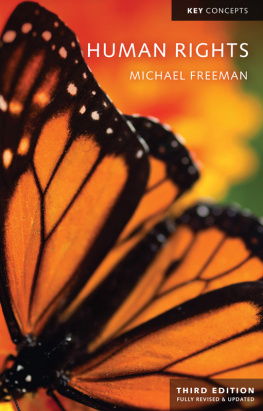


![Freeman - Pro design patterns in Swift: [learn how to apply classic design patterns to iOS app development using Swift]](/uploads/posts/book/201359/thumbs/freeman-pro-design-patterns-in-swift-learn-how.jpg)
